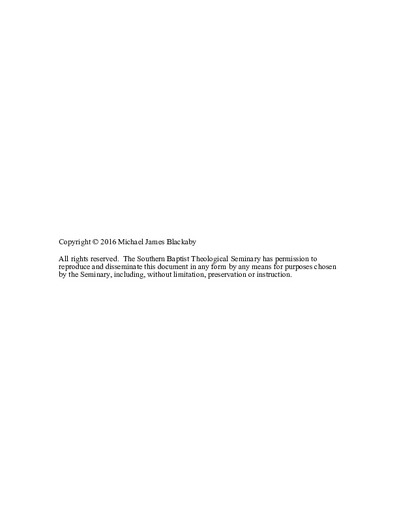| dc.description.abstract | The atheistic worldview has, ironically, experienced a sort of “re-birth” in modern times. The “New Atheists,” of which Sam Harris is a prominent spokesperson, have made no secret of their desire to make converts to their worldview, liberating people from the false and repressive shackles of religion. It is their desire to officiate the funeral of religion, and usher in a new era governed by reason and science.
Harris, in his book The Moral Landscape: How Science Can Determine Human Values, seeks to naturalize ethics through the means of science, so that religion might lose its grasp on a stronghold it has held for centuries. In so doing, he presents an ethical system based on the worldview of philosophical naturalism, which leaves no room for a divine foot in the door. His ethical system is supported by several presuppositional pillars, including an unwavering belief in Darwinian evolution, a neo-Aristotelian concept of well-being, a commitment to strict determinism, a confidence in moral realism, and the belief that science and religion are in irresolvable conflict with each other as modes of seeking truth.
This dissertation seeks to analyze Harris’ naturalistic worldview by inspecting these five pillars as the foundation upon which his ethical system stands. In the famous words of Francis Schaeffer, I attempt to “take the roof off” of Harris’ worldview, in order to analyze the philosophical ideas he espouses. It is my assertion that Harris ultimately fails to properly defend the controversial claims his book makes, as the most important points he makes are not actually scientific at all, but philosophical. Although he approaches the issue as a scientist, his arguments rely on philosophical presuppositions of which science can only be applied a posteriori. If this is true, it is a positive force for Christian apologetics, as the Christian worldview may continue to be a valid alternative to the philosophical naturalism Harris espouses. | en_US |

